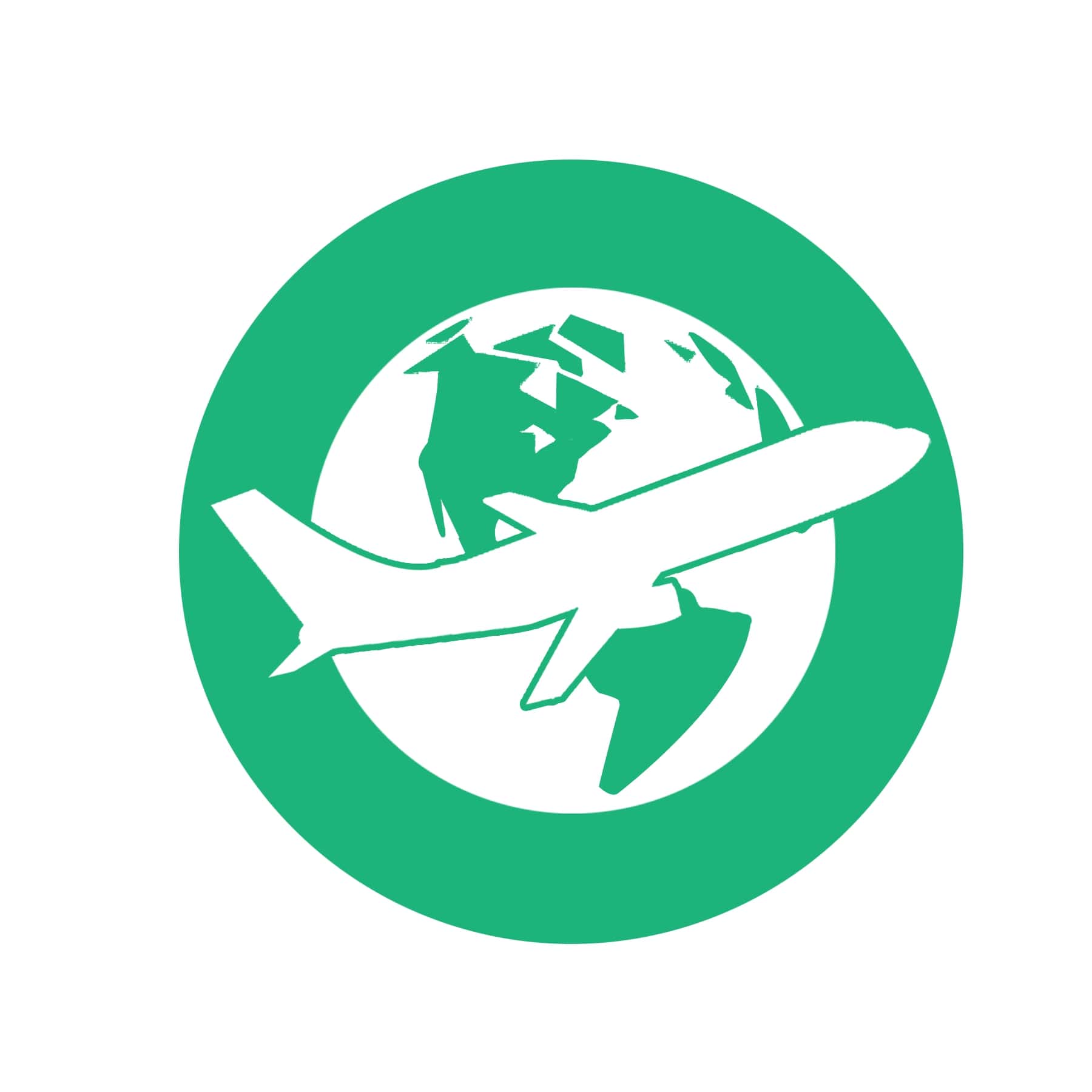Trauma Healing – Initial Equipping
Trauma is part of the human experience in a broken world. It can arise when one is overwhelmed with intense fear, helplessness and horror. It can stem from personal issues, such as the loss of a loved one or divorce; from large-scale devastation like natural disaster or from global crisis such as COVID-19 pandemic. Trauma destroys hope, shatters dignity and isolates one from self, others and God.
How does one recover from trauma? Can the Bible help? What can the Church do?
Trauma Healing (from Trauma Healing Institute of the American Bible Society) is our response to these questions by combining proven mental health practices with the wisdom of the Bible to bring restoration and hope to the broken-hearted. In God’s Word, trauma survivors can encounter the resurrection power of Christ.
If you are a church or ministry leader, a missionary or someone who has the heart to help trauma sufferers, join us for part one of a 2-part programme today!
Programme Structure
Initial Equipping ⇒ Practicum ⇒ Advanced Equipping
| Initial Equipping | ||
|---|---|---|
| Schedule | Wed– Sat, 27–30 Jan 2021 | |
| Time | 9am-5pm | |
| Fees | $380 (early bird price till 3 Jan) | $420 (from 4 Jan) | |
| Venue | 7 Armenian Street, Bible House, S179932 |
UPDATE:
*Due to the ongoing COVID-19 situation, limited seats will be available.
Before registering, please:
- Read the Detailed Course Information below,
- Download the Statement of Support,
- Have it signed by your church leadership or Christian organisation supervisor, and
- Email it to Florence Kang.
Please note: Registration will only be confirmed upon receipt of the online registration, payment AND the signed Statement of Support.
Detailed Course Information
Sower Institute for Biblical Discipleship, in partnership with Trauma Healing Institute (THI), aims to provide leadership and services to churches and organisations using God’s word to bring healing and restoration to trauma survivors.
THI’s trauma healing programme provides basic mental health concepts with a biblical framework, using Scripture passages and composite real-life stories to help traumatised people connect the teaching with their circumstances.
- If God loves us, why do we suffer?
- How can the wounds of our hearts be healed?
- What happens when someone is grieving?
- Taking your pain to the cross
- How can we forgive others?
- How can churches minister amidst various causes of trauma (domestic violence, suicide, etc.)?
- How can we live as Christians amidst conflict?
- Looking ahead
1. Part I: Initial Equipping Session. Candidates attend a 3.5 day Initial Equipping session which allows participants to: explore their own trauma and bring it to Christ for healing; experience participatory learning; learn basic biblical and mental health principles related to trauma care; and develop plans for using what they have learned in their community. Trauma healing facilitators aim to ‘do no harm’ to those they help. To this end, participants are evaluated through a simple test.
2. Practicum. Participants return to their communities and apply what they have learned. They need to teach the five core lessons at least twice to groups of at least three people and send in reports on their activities.
3. Part II: Advanced Equipping Session. This 3-day session (conducted 6 or 9 months after the Initial Equipping session) focuses on consolidating the facilitator’s competencies in view of their practicum experience.
4. Competency-based assessment. Participants will be certified when they demonstrate the following competencies:
- Able to manage personal well-being.
- Able to work on a team.
- Able to help traumatised people (listening, confidentiality, and so on).
- Able to lead groups in a participatory way.
- Demonstrated understanding of the content.
5. Certification and Deployment. At the end of the advanced session, participants are awarded a Certificate of Participation, or, for those who qualify, a facilitator-in-training Certificate. For some, these certificates may be awarded later when the competencies have been acquired.
- Able to teach others in a community.
- Able to attend all of the sessions.
- Committed to helping trauma survivors.
- Must be referred by church leadership or Christian organisation supervisor who must sign the Statement of Support.
About the Trainer

Belinda Ng
Belinda Ng has been a missionary with Serving In Mission (SIM) since 1977. After 12 years in Niger, she served as Personnel Director with SIM East Asia for 16 years. Since then she serves as Member Care and MK Education Consultant in the International Office before returning to Singapore to continue with this role in the Pastoral Care team in SIM East Asia.

Carol Lim Seok Lin
Carol has a passion to serve God through helping people with challenges lead a more meaningful life. Trained as a special needs educator and equipped with a Masters in Special Education, she has more than three decades of experience in Singapore and overseas.











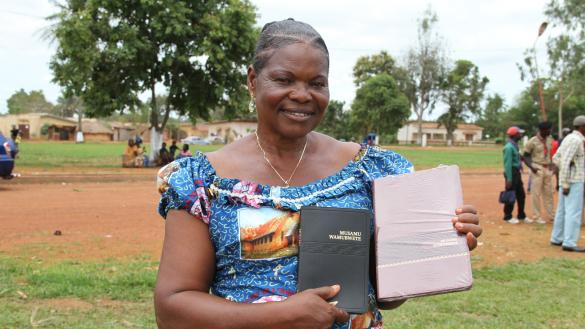 Now the Beembe people have asked to have the Old Testament translated into their language and Jacques is already on the case.
Now the Beembe people have asked to have the Old Testament translated into their language and Jacques is already on the case.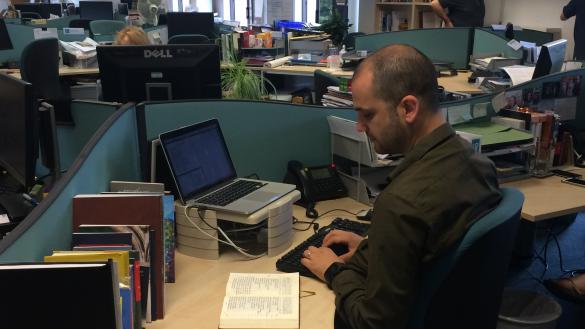 If it’s not a simple translation — for example, there isn’t a direct equivalent for the Hebrew word in Albanian or the original Hebrew is unclear — then I do more research. I spend a lot of time reading commentaries and look at the Hebrew context, as well as how other translators have handled the same verse in other languages.
If it’s not a simple translation — for example, there isn’t a direct equivalent for the Hebrew word in Albanian or the original Hebrew is unclear — then I do more research. I spend a lot of time reading commentaries and look at the Hebrew context, as well as how other translators have handled the same verse in other languages.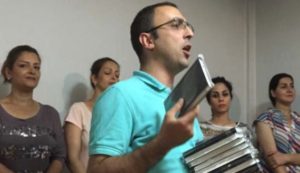 While visiting numerous Iranian refugee Churches in Turkey, I heard the same request over, and over again: “we need more Enjil!” As a drop of water in this dry land, the Iranian Bible Society started a movement of distributing free New Testaments in Turkey. Several thousands of NTs were distributed among Iranian Churches in Izmir, Istanbul, Ankara, Eskishehir, and Denizli. It made a difference, yet the difference between the demands and our limited supplies is as deep as the Grand Canyon! We need a lot of hands to close the gap.
While visiting numerous Iranian refugee Churches in Turkey, I heard the same request over, and over again: “we need more Enjil!” As a drop of water in this dry land, the Iranian Bible Society started a movement of distributing free New Testaments in Turkey. Several thousands of NTs were distributed among Iranian Churches in Izmir, Istanbul, Ankara, Eskishehir, and Denizli. It made a difference, yet the difference between the demands and our limited supplies is as deep as the Grand Canyon! We need a lot of hands to close the gap.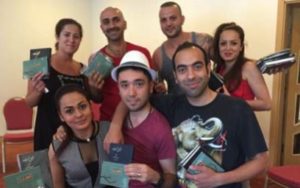 Beloved friends, there are many who cannot afford to purchase a New Testament, yet long to have their very own copy. Would you please consider joining the Bible Society in
Beloved friends, there are many who cannot afford to purchase a New Testament, yet long to have their very own copy. Would you please consider joining the Bible Society in 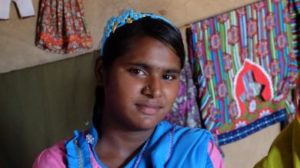 Arati* was a cotton picker in rural Pakistan. She worked long hours to earn around S$2 a day. She was being cheated out of payment but didn’t know it – she couldn’t read the scales that weighed her cotton.
Arati* was a cotton picker in rural Pakistan. She worked long hours to earn around S$2 a day. She was being cheated out of payment but didn’t know it – she couldn’t read the scales that weighed her cotton.

